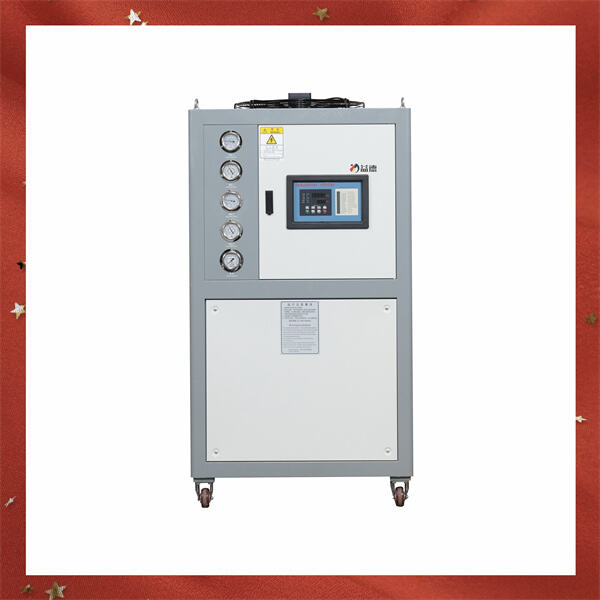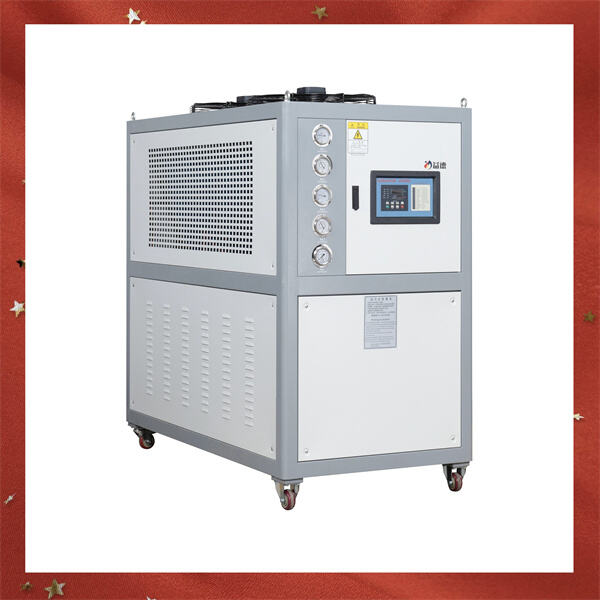As they say, power plants are enormous machines that transform energy to electric power for our houses, schools and hospitals. They operate by burning fuels such as coal, oil or gas to create heat, which can be converted into electricity. But did you know that power plants, too, require water to cool off?
Condenser cooling water can be considered a kind of superhero, helping power plants to maintain the proper temperature. It works by flowing out of the condenser, a huge thing that takes the hot steam from the turbines and turns it back into water. This is how the power plant continues to run and perform smoothly and efficiently.
Just like we need to brush our teeth and wash our hands to remain in good health, so too do condenser cooling water systems need to be properly maintained to function efficiently. When the water is not clean or when the system isn’t functioning properly, it contributes to problems at the power plant.
Yide knows how to take care of condenser cooling water systems for power plants to work smoothly. And by cleaning and constantly monitoring the water, we make sure the system runs smoothly – which in turn leads to electricity being generated successfully without any hiccups.

Yide is the leader in this aspect and always keeps pace with the time in researching and developing various new technologies so as to perfect condenser cooling water system. Through advanced filtration systems and intelligent monitoring solutions, we are committed to finding new ways to enable power plants to run more cleanly, efficiently.

As important as it is to maintain a power plant, condenser cooling water discharge can affect the environment. If it is too warm, or if the water contains chemicals, it can hurt aquatic life in the rivers, lakes and other bodies of water where they are released.

Yide has been devoted to environmental protection and reducing the impact of condenser cooling water discharge. We focus on checking the quality of water and adopting green practices to our sustainable operations and do our part not to negatively impact our planet.